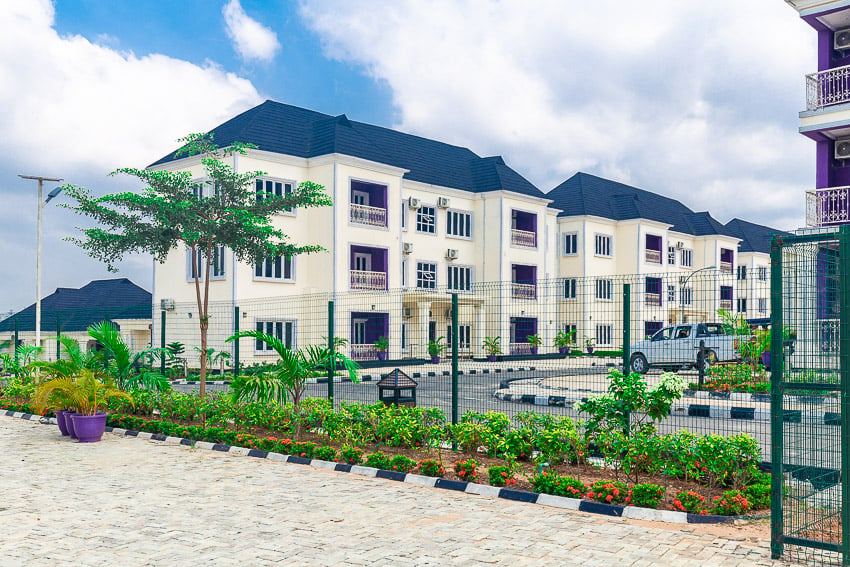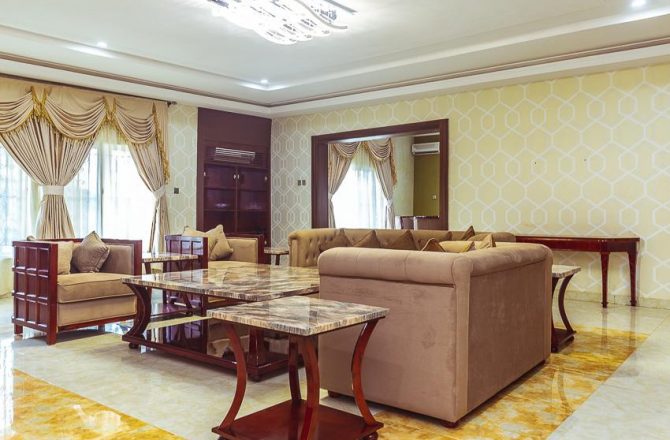At the 2019 edition of the Africa Hotel Investment Forum (AHIF), which was held in Addis Ababa, Ethiopia last September, delegates from across the African hospitality sector were toasting to a bumper year for African tourism and travel.
They were celebrating the achievements of the tourism and travel industry, which contributed $194.2 billion to Africa’s economy in 2018, representing 8.5 percent of the continent’s GDP, as well as, offered 24.3 million African jobs, or 6.7 percent of total employment.
Impressed with Africa’s growth of 5.6 percent in 2018, the World Travel & Tourism Council (WTTC) described the continent as the second-fastest growing tourism region behind only Asia-Pacific.
As well, this year, there are 75,000 branded rooms in 401 hotels in the pipeline across Africa; representing a growth of 51 percent in total pipeline rooms since 2015, according to the annual African Hotel Chain Development Pipeline Survey by W Hospitality Group.
But the big global chains are still dominating, with Marriott International representing 81 hotels; Accor 57; Hilton 55; and Radisson Hotel Group 47 hotels in the pipeline, while countries with the largest pipelines; are Egypt, Nigeria, Morocco and Ethiopia.
However, some African hospitality management companies are waking up to the challenge and improving on their management skills, gaining confidence of African hotel owners and impressing with world-class service and facility offerings.
From the Mantis Collection, Legacy Hotels & Resorts, Sun International, Serena Hotels, Icon Hotel Group Africa, and to many other indigenous hospitality management companies, Africa is beginning to raise home-groomed hospitality business managers who now understand that the enormous growth in the sector cannot be ignored or left to international brands.

Of course, African hospitality managers are now engaging in the scramble for their market share in hospitality management considering the boom on the continent. Currently, there is an increase in intra-Africa travel with at least four out of every 10 travellers in Africa are from within the region. That means more guests for the hotels on the continent and more hotels to manage by the indigenous hospitality management companies.
Bearing in mind the need to address the shortage of quality hotels on the continent, as well as, to encourage patronage from Africa’s growing middle class, Icon Hotel Group Africa (IHGA) is among the management companies that are bracing up to the challenge.
The group, which is spreading its reach beyond its Kenyan base, is a fast-growing end-to-end African-grown hospitality hub that serves as a resource base for diverse core hospitality competencies across Africa and beyond.
A stay in Mount Meru Hotel or Palace Hotel both in Arusha, Tanzania, will attest to the world-class quality and commitment of the group to guide the development of international standard, yet culturally authentic hospitality assets on the Continent.
From the East, IHGA’s presence is now felt in West Africa starting with Nigeria. The turnaround at Best Western Hotel, Victoria Island, Lagos, which resulted in the rebranding to BWC Hotel by Icon Hotel GroupAfrica is a testimony to the sophisticated network of experienced professionals Icon Hotel Group has.
But the Icon Hotel Group Africa is looking to expand further in Nigeria. To ensure that, it recently appointed Adetope Kayode to drive its growth and expansion plans in Nigeria. With over 16 years work experience across many sectors, Kayode, whose career to date includes stints at KPMG, ARM, Mixta Africa and HTI Consulting, has achieved among many feats; leading a team that structured and established the first specialist hospitality and retail real estate investment fund in Nigeria. He is committed to the vision of Icon Hotel Group, which was conceived in 2008 as a response to the dire need of a homegrown hospitality management firm with a deep and holistic understanding of the hospitality sector in Africa.
He describes the Nigerian hospitality market as underserved by quality assets, creating a deep opportunity for a swift rollout of hotels as well as other hospitality, leisure and tourism assets in the key cities as well as other lesser known destinations across the country.
Add a comment






